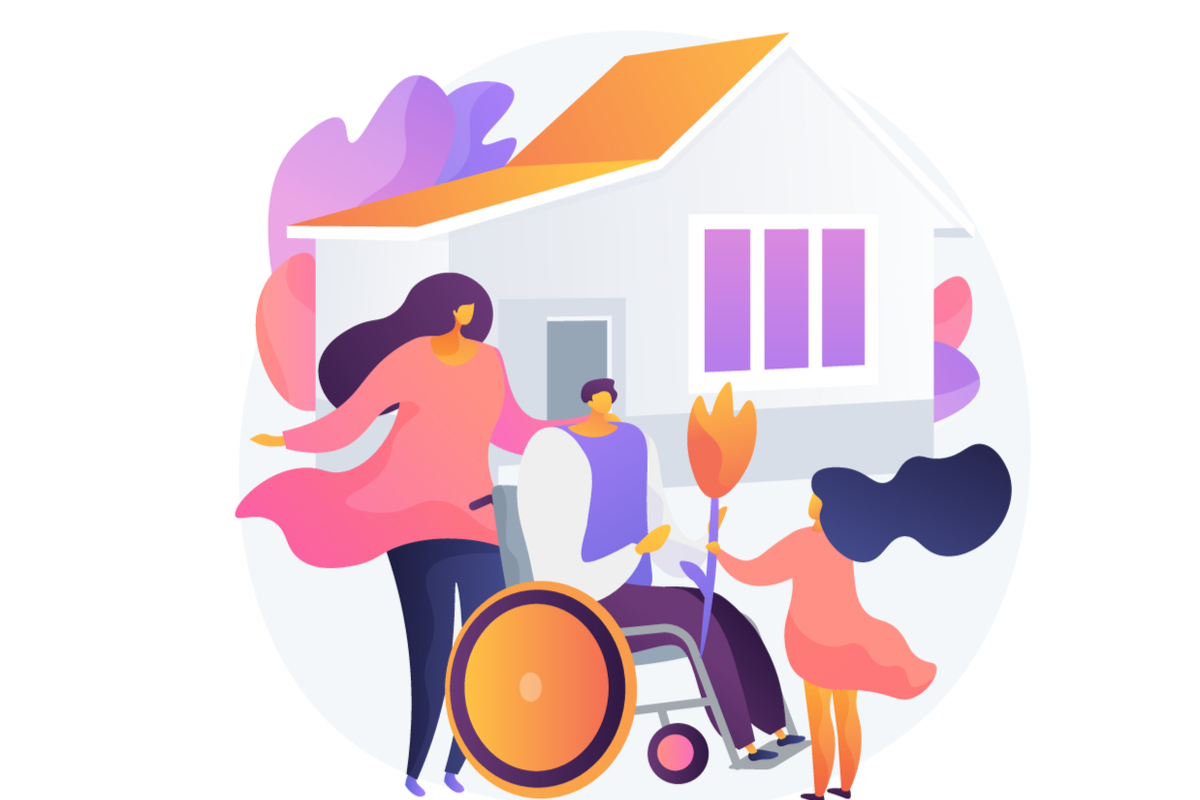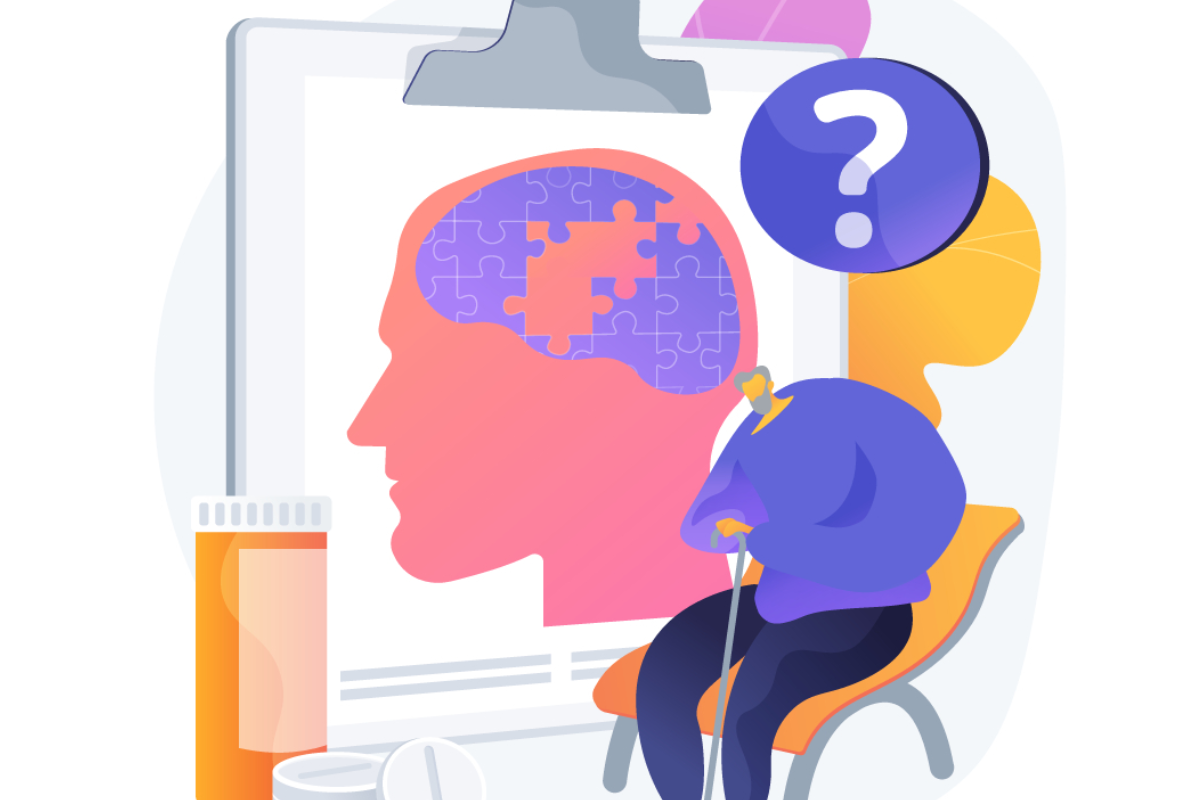
Bereavement
The effects of bereavement vary from person to person. Its onset, duration and impact will be different for each and every one of us, as will our reaction to loss
The effects of bereavement vary from person to person. Its onset, duration and impact will be different for each and every one of us, as will our reaction to loss
Misery, anger and deep longing are quite common. Some people feel elated at somebody’s passing, and in turn struggle with consequent feeling of guilt. Others deny that somebody has died and continue to live their lives as though the deceased were still alive. The loss of a pet can have as profound an effect on some people as the loss of a family member has on others.
A therapist will help those left behind come to terms with their loss, usually by connecting with the four stages of bereavement. Therapy can help a bereaved person accept that their loss is a reality, recognise the pain of grief, adjust to life without the person (or animal) and channel their energy into something other than grief – this could be work, a hobby or a brand-new start.

Bullying
If somebody is causing you distress, emotional anguish or even physical pain, then you are being bullied. If you are the perpetrator of these actions, then you are a bully. Bullying within a family is more common than playground bullying, while workplace bullying is the most common type of all. Bullying can take place in the virtual world and in the real world
If somebody is causing you distress, emotional anguish or even physical pain, then you are being bullied. If you are the perpetrator of these actions, then you are a bully. Bullying within a family is more common than playground bullying, while workplace bullying is the most common type of all. Bullying can take place in the virtual world and in the real world
If somebody is causing you distress, emotional anguish or even physical pain, then you are being bullied. If you are the perpetrator of these actions, then you are a bully. Bullying within a family is more common than playground bullying, while workplace bullying is the most common type of all. Bullying can take place in the virtual world and in the real world regardless of age, faith, ability or gender. Nobody is immune.
Therapy provides a safe and supportive environment to address feelings, emotions and actions. Coping skills, such as boundary setting, positive body language and assertiveness, can also be developed.

Dealing with illness
While people may make various adaptations to cope with their circumstances, the emotional and physical pressures of illness, be that chronic or acute, can be very challenging.
Dealing with other people’s attention, comments or pity can be a great strain. Therapy helps with both the unexpected and expected traumas of illness. Therapy also helps people come to terms with illness. If the illness is chronic, it may involve redefining their life by providing different options and ways forward.
Treatment includes developing life strategies, reframing and mindfulness.
Talking therapy tends to be useful. Grieving for what has been lost provides an insight into the nature of the illness and helps people find new ways forward that make an allowance for their altered physical and/or mental condition.

Dementia
The progression of dementia often leaves both sufferers and carers feeling shaken, confused, fearful and sometimes angry.
Living with dementia is difficult for everyone concerned. Early tell-tale signs such as forgetfulness, irrationality and erratic behaviour are often overlooked and problems build as a result.
Therapy helps those affected to gain a better understanding of dementia and how to cope with the changes it brings. Dementia is not a single illness, so sufferers will react in different ways. For some, their reasoning is affected, for others short term memory degenerates, while others fail to follow conversations. All factors build up the emotional strain.

